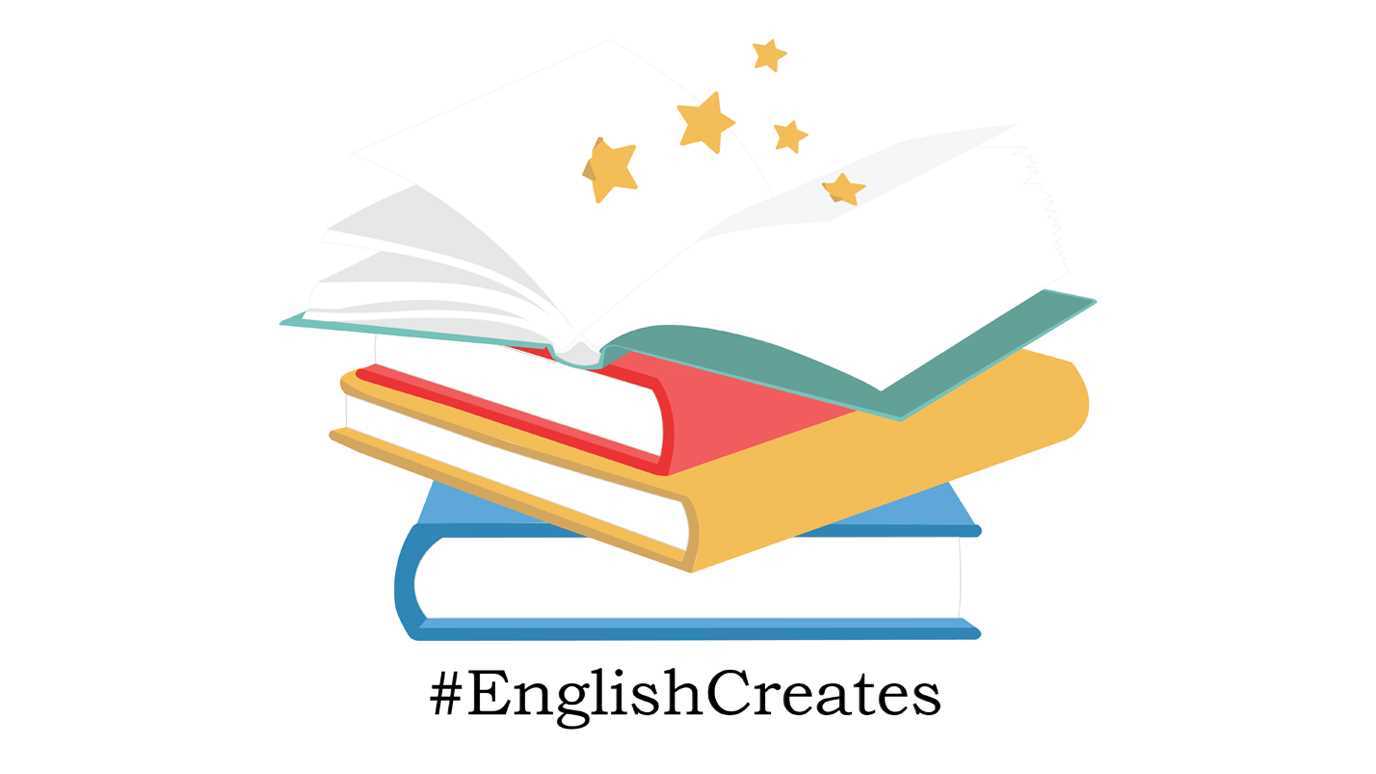New research by academics at Royal Holloway, University of London, has identified a way that cannabidiol (CBD), derived from cannabis plants, functions in brain cells to protect people against epileptic seizures.

The research, led by Professor Robin SB Williams and Dr Chris Perry from the Department of Biological Sciences at Royal Holloway, has found a way that CBD changes the function of brain cells to block seizures.
This research has used an innovative approach, where the mechanism of the drug was first discovered using a single-celled organism, the amoeba Dictyostelium, which shared a common ancestor with humans around a billion years ago.
The researchers confirmed that CBD functions in brain cells to reduce seizures through the same mechanism. They were also able to show that a similar effect may occur in the treatment of rare genetic epilepsies by using a model of Dravet Syndrome, a genetic condition which often leads to drug resistant epilepsy.
Epilepsy is a common neurological disorder, which can be damaging in patients who do not respond to current drugs. Recently clinical trials have confirmed that two groups of patients with drug-resistant epilepsies can be successfully treated using CBD. Though identifying how CBD functions reduce seizures in patients, it will improve our understanding of the origin of drug resistant epilepsy.
Professor Williams, said: “These findings suggest an exciting new role of CBD in the treatment of patients with drug resistant epilepsies. This has allowed us to better understand why patients develop drug-resistant epilepsy and our research could therefore have a far-reaching impact on the successful treatment of these patients.
“Improving our understanding of how CBD functions as a therapeutic drug is critically important to support its medicinal use. We expect our discoveries to encourage new approaches for understanding how the drug works at a cellular level, and support its clinical use.
“We are hopeful that, using our innovate approach to this research, we have been able to better explain the way CBD works to treat patients with drug resistant epilepsy, and further clinical research will confirm these effects.”
























